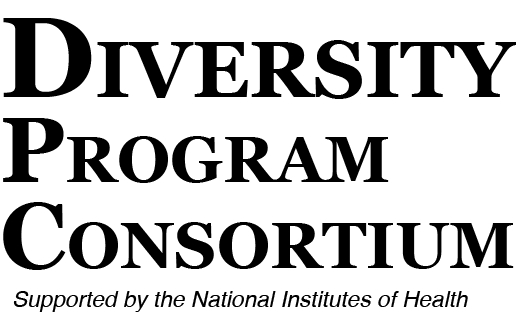In This Edition
November 30, 2017
Volume 2 Issue 5
The 10th Conference on Understanding Interventions that Broaden Participation in Science Careers will be held on March 2nd - March 4th in Baltimore, Maryland.
The abstract submission deadline is December 15, 2018.
For more information click here.
OMB Breaking News: The CEC has been informed by the our collaborators at the National Institutes of Health and the National Institute of General Medical Sciences that as a result of the Cures Act, the Diversity Program Consortium is NO longer required to continue OMB process application/renewal. The CEC is very excited to share these news and to continue collaborating with the BUILD and NRMN teams to move the data collection and evaluation forward. If you have any questions on this feel free to contact your site’s CEC CWEP monthly call Associate Lead and/or NIH Program Office/Project Scientist.
For more information click here.
We would like to extend a special thanks to DPC Annual Conference Planning Committee (ACPC) for their leadership and to the CEC coordination and planning team for their support to make this event a success.
For more information click here.
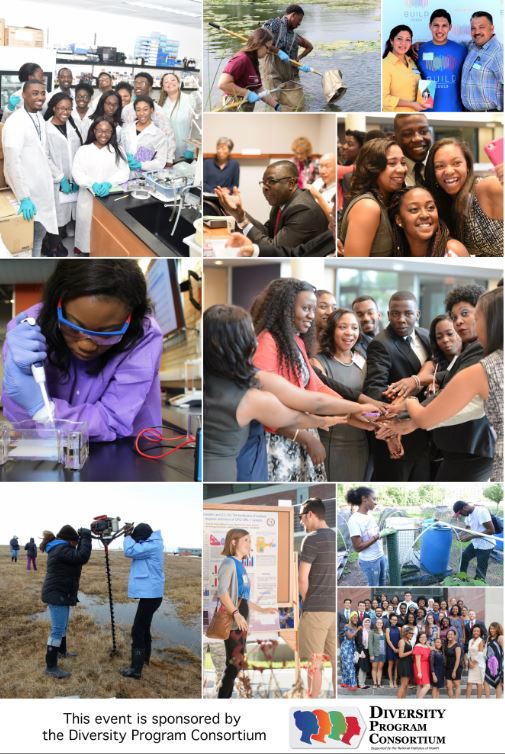
The Diversity Program Consortium (DPC) met in Bethesda, MD, from October 9-11, 2017. The annual grantee's conference brought together over 100 people from the BUILD, the NRMN, the NIH and the CEC. This report presents the topline evaluation findings from their 2017 annual conference.
For more information click here.
An interesting article published in the New York Times recently highlighting how the constant pressure to publish has led to the rise of illegitimate journals taking advantage of this surplus in demand.
For more information click here.
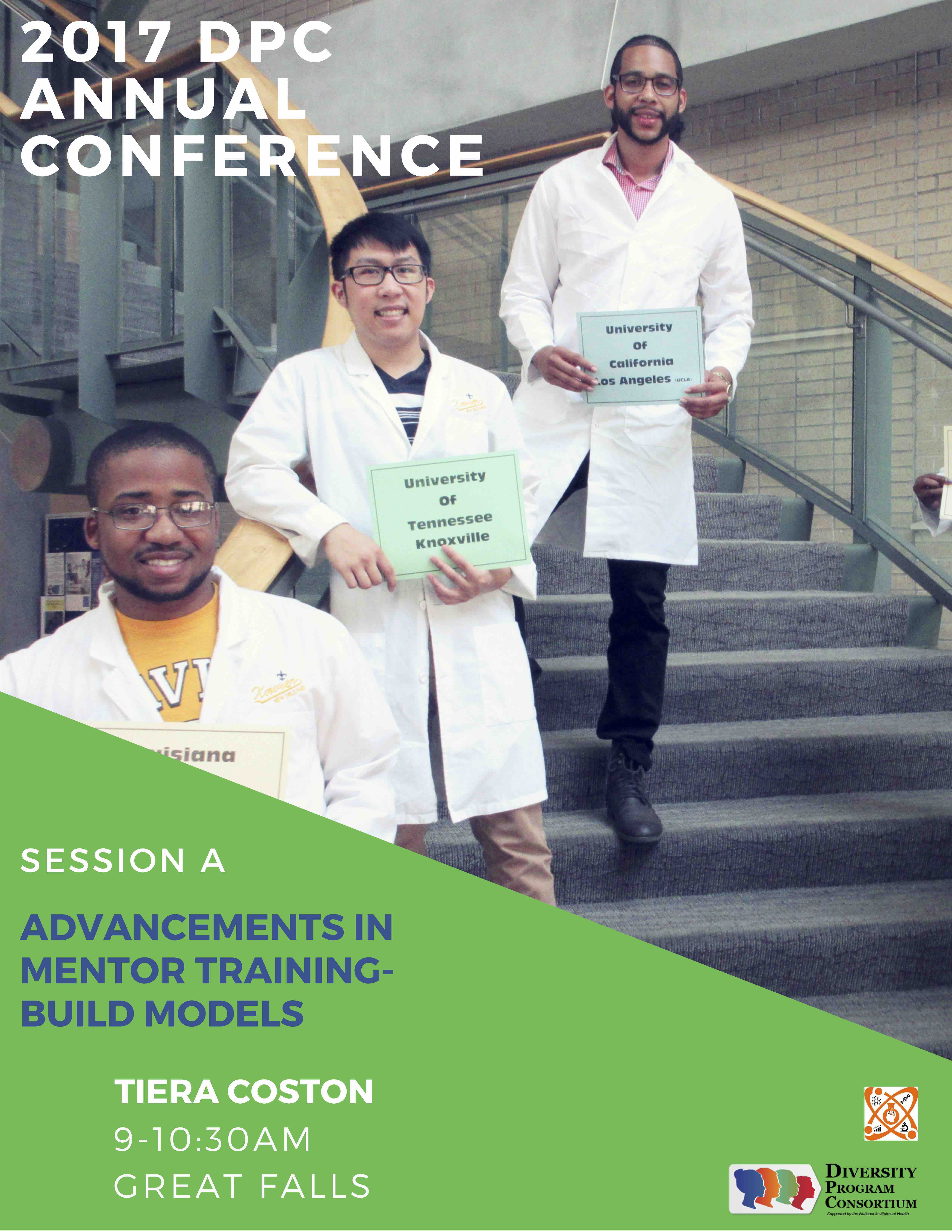
The group went on to discuss possible mechanisms to meet and exchange information. These included Google apps such as "Meet" and "Docs". One of the first deliverables the group agreed to produce was a table of information about the mentor training activities at each of the BUILD institutions. The group discussed what types of information we wanted to see in the table. Suggestions included: descriptions of training programs/activities; assessment strategies; archived mentor training; training statistics (who and how many are being trained); and any type of training certification.
For more information click here.
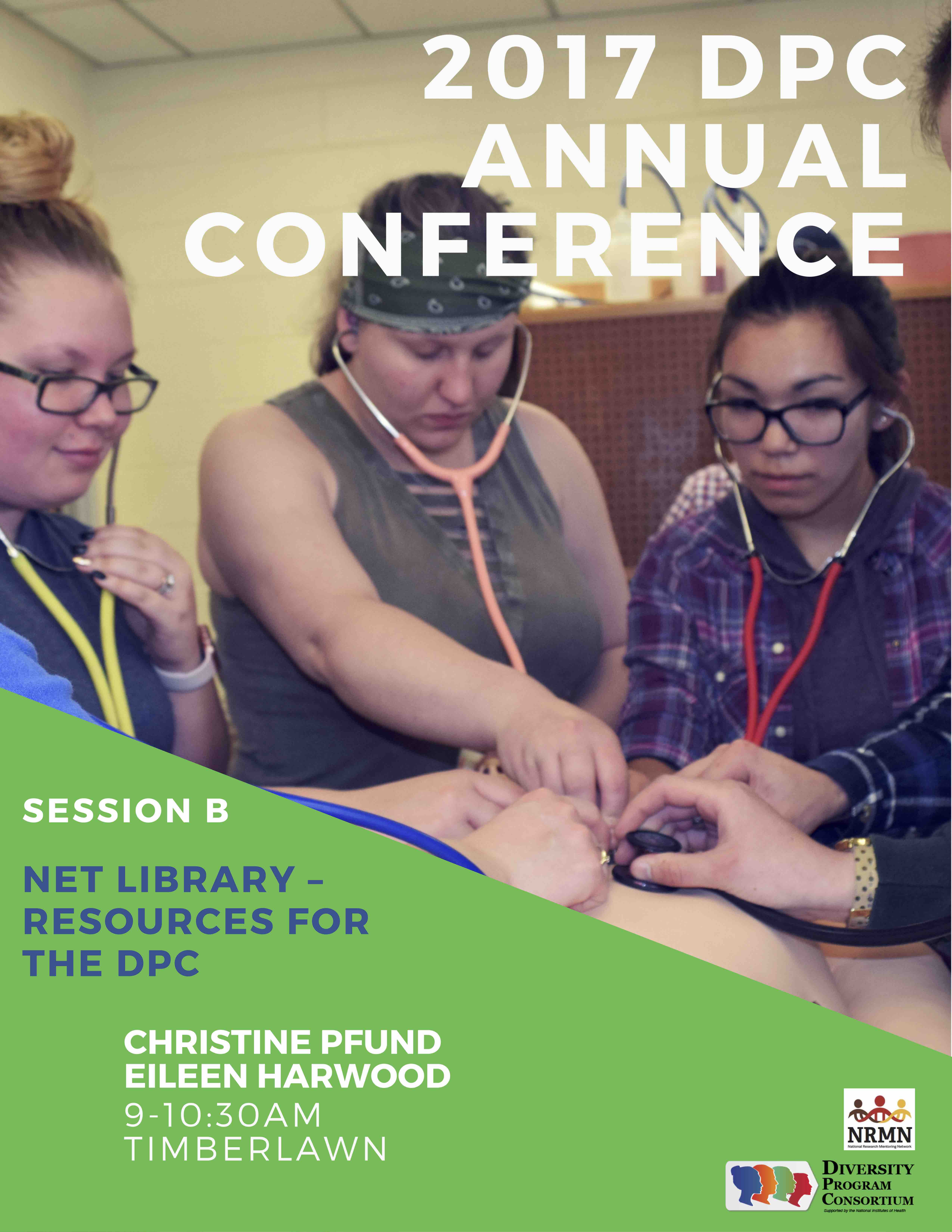
At the recent Diversity Program Consortium (DPC), scientists from all over the nation converged to discuss their progress in creating a more diverse biomedical workforce. One of the challenges of operating a large program like the DPC is identifying and promoting the use of common data metrics -what type of information is collected, what tools are being used to collect data and how these decisions are being informed.
As part of annual DPC meeting, Drs. Eileen Harwood and Christine Pfund, of the University of Minnesota and the University of Madison-Wisconsin, respectively, have represented the National Research Mentoring Network (NRMN) in a breakout session designed to share a newly created library of metrics. This library, created by Drs. Japera Johnson (Morehouse School of Medicine) and Jenna Rogers (University of Wisconsin-Madison), with the assistance of the NRMN Evaluation Team (NET), was created to catalog metrics being used( or available for use) across NRMN.
For more information click here.
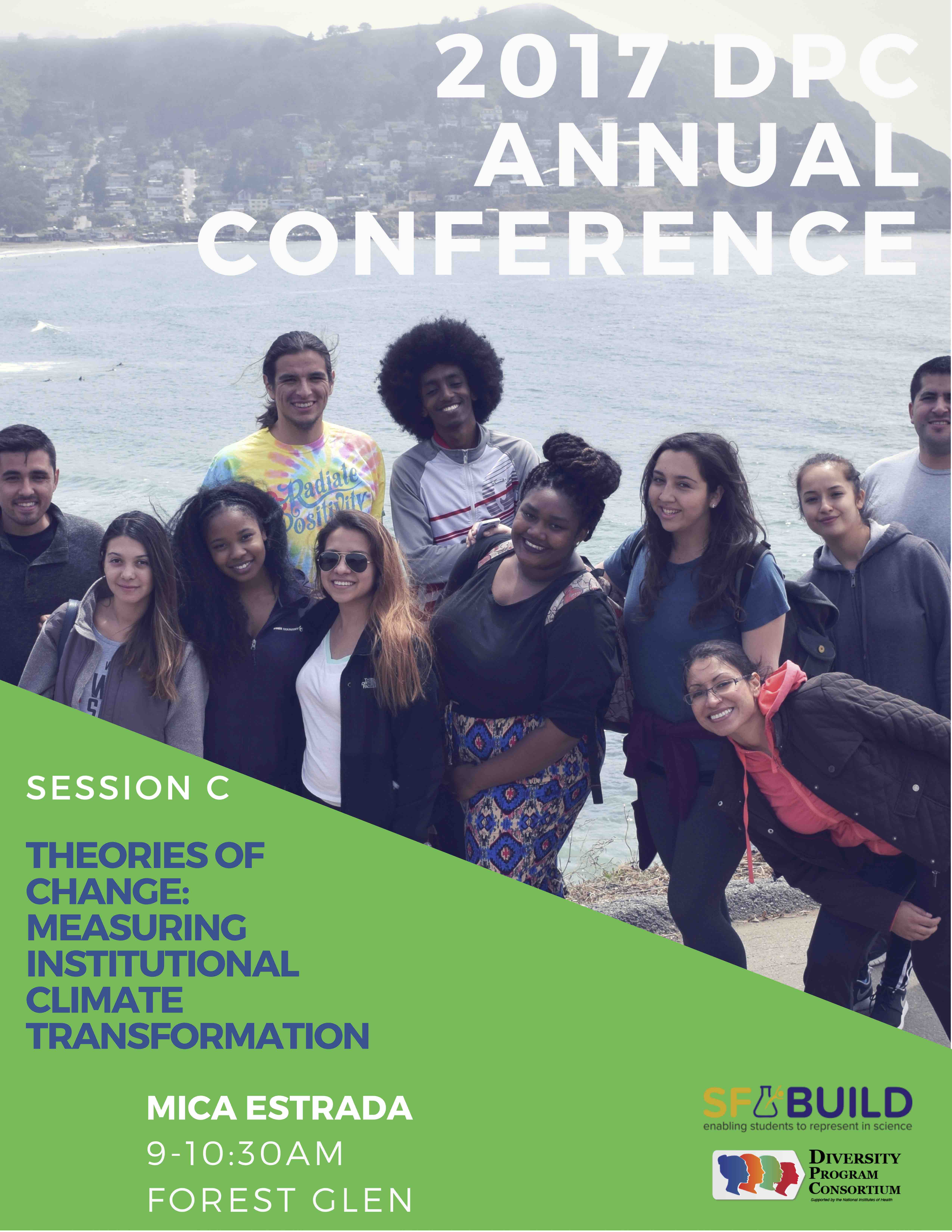
Leaders of the SF BUILD project delivered two breakout sessions at the annual grantees meeting. Both focused on sharing tools for institutional transformation. Dr. Mica Estrada presented a session entitled, “Theories of Change: Measuring Institutional Climate Transformation,” and Drs. Leticia Márquez-Magaña and Audrey Parangan-Smith presented a session on “Culturally-Responsive Approaches to Science Teaching and Research Training.” Dr. Estrada’s session began with a description of how all individuals scan their environment for signs of threat and safety, including historically underrepresented students intending to pursue a career in biomedical research. She then shared several theories of change used by social scientists to advance efforts to broaden participation in science fields, and provided examples of theoretical frameworks for transforming campus climates. Participants left with research tools for guiding and evaluating their own institutional transformation efforts. Drs. Márquez-Magaña and Parangan-Smith welcomed participants to their session by engaging them in a discussion of the predominant culture in their own scientific disciplines. They then explored reports of the predominant culture in higher education, elaborating upon their whiteness and the dissonance experienced by many students of color that come from more communal cultures. The session ended with participants sharing tools for creating more affirming environments that celebrate the assets students of color can bring to science fields via their community cultural wealth.
For more information click here.
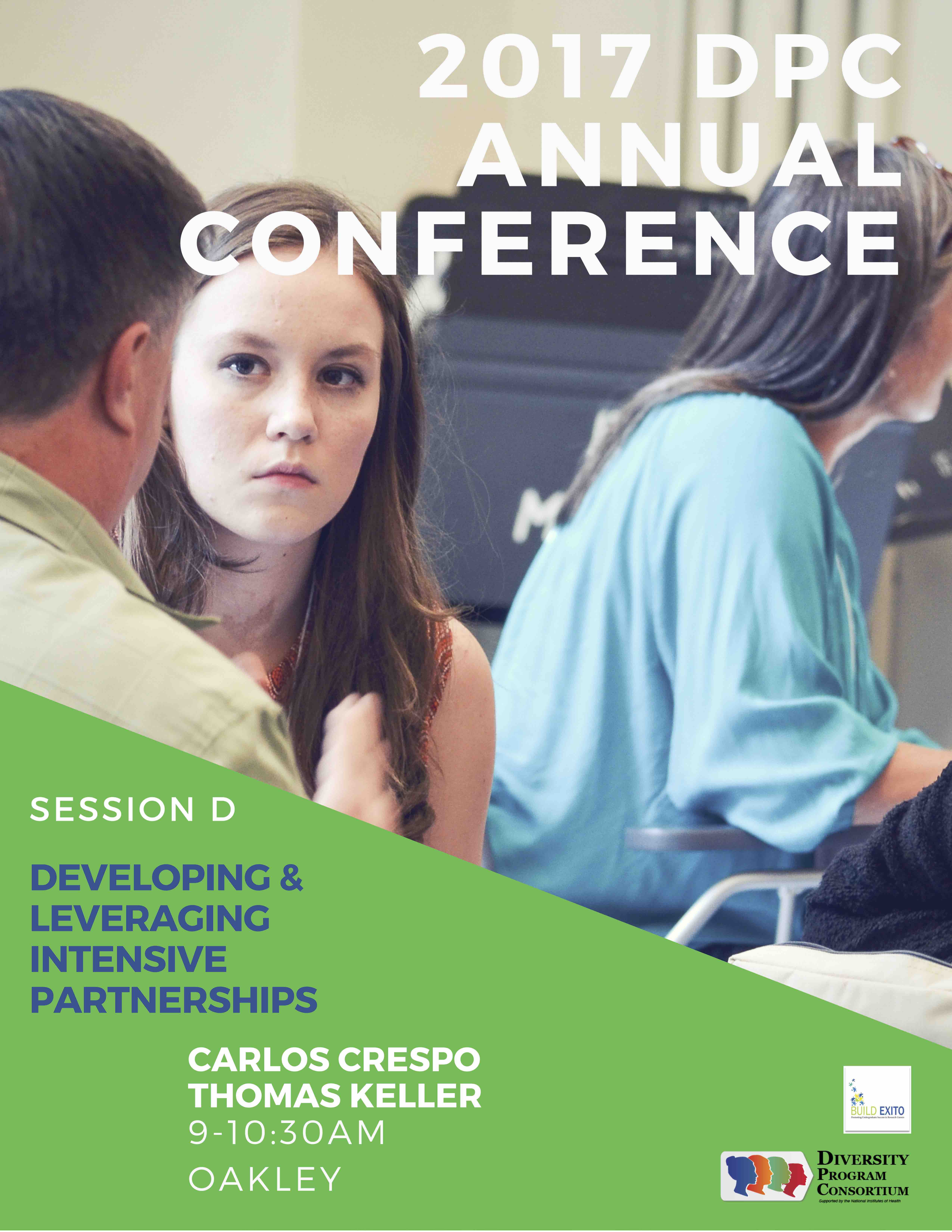
Leaders of BUILD EXITO gave a workshop on developing and leveraging intensive partnerships based on lessons learned from collaborating with ten institutions across multiple Pacific states and territories that participate in the EXITO network.
For more information click here.
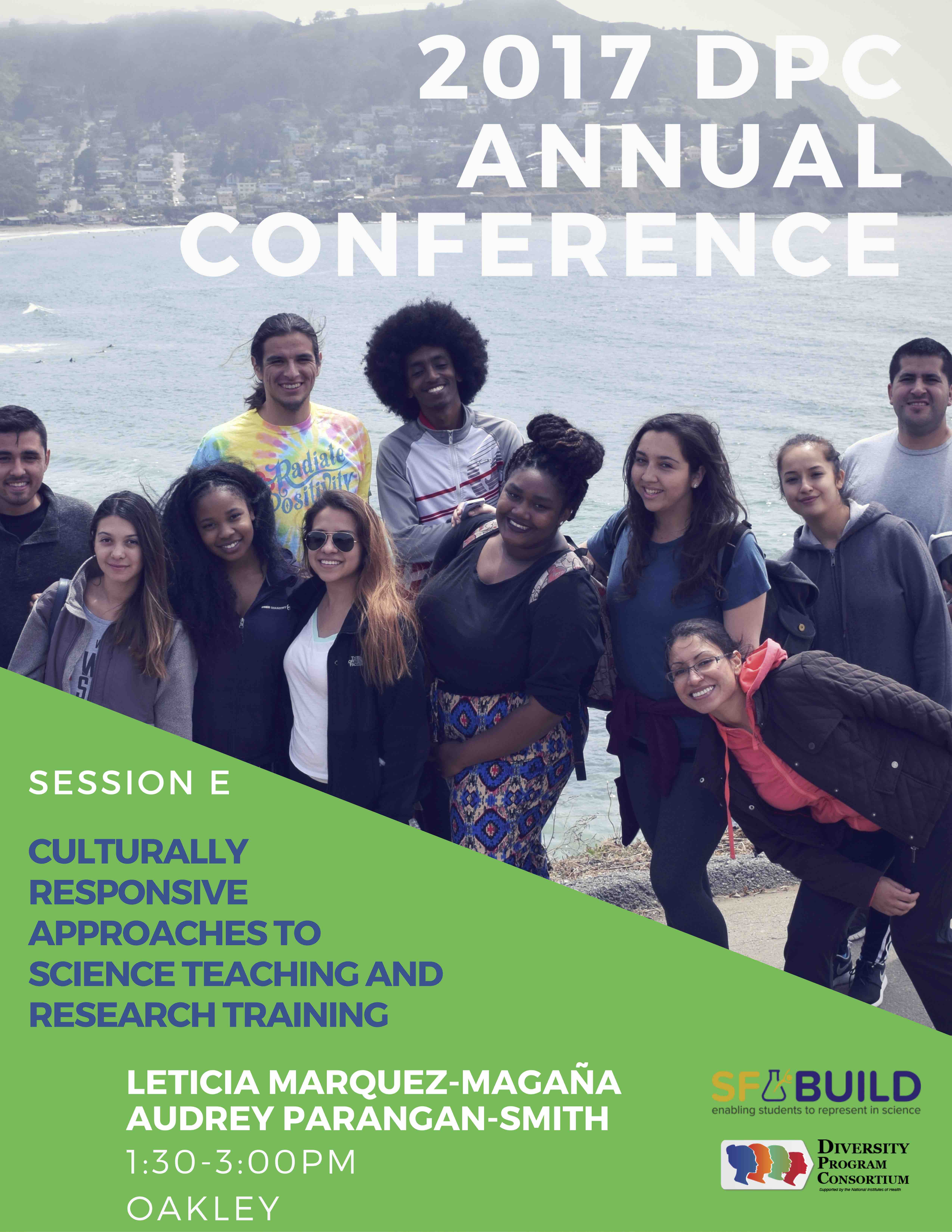
Research environments often reflect the culture of the predominant group(s) which leads to the establishment of the field of investigation. While this affirms the culture and values of the historically predominant group, it often does not affirm the culture of the historically underserved. In this session, we discussed evidence of negative student outcomes associated with an environment where the research environments do not affirm the culture, the lived experience, and the values of the historical underrepresented (HU) students.
For more information click here.
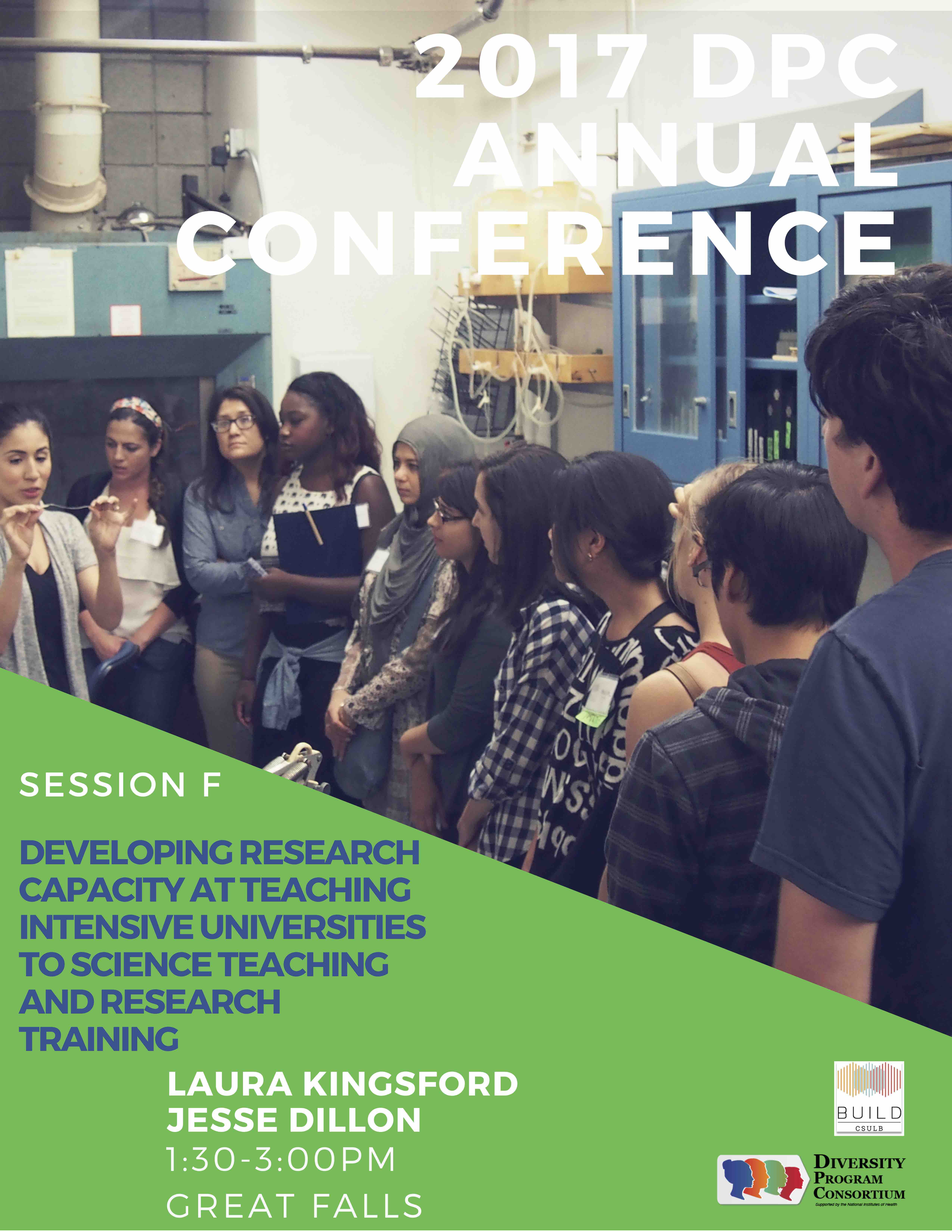
This session is led by Laura Kingsford and Jess Dillon from CSULB. They shared what BUILD has allowed CSULB to do to increase the research capacity and awareness of the value of undergraduate research. Strategies for collaboration and sharing resources/interventions/innovations that increase research capacity at the student, faculty and institutional levels were discussed.
For more information click here.
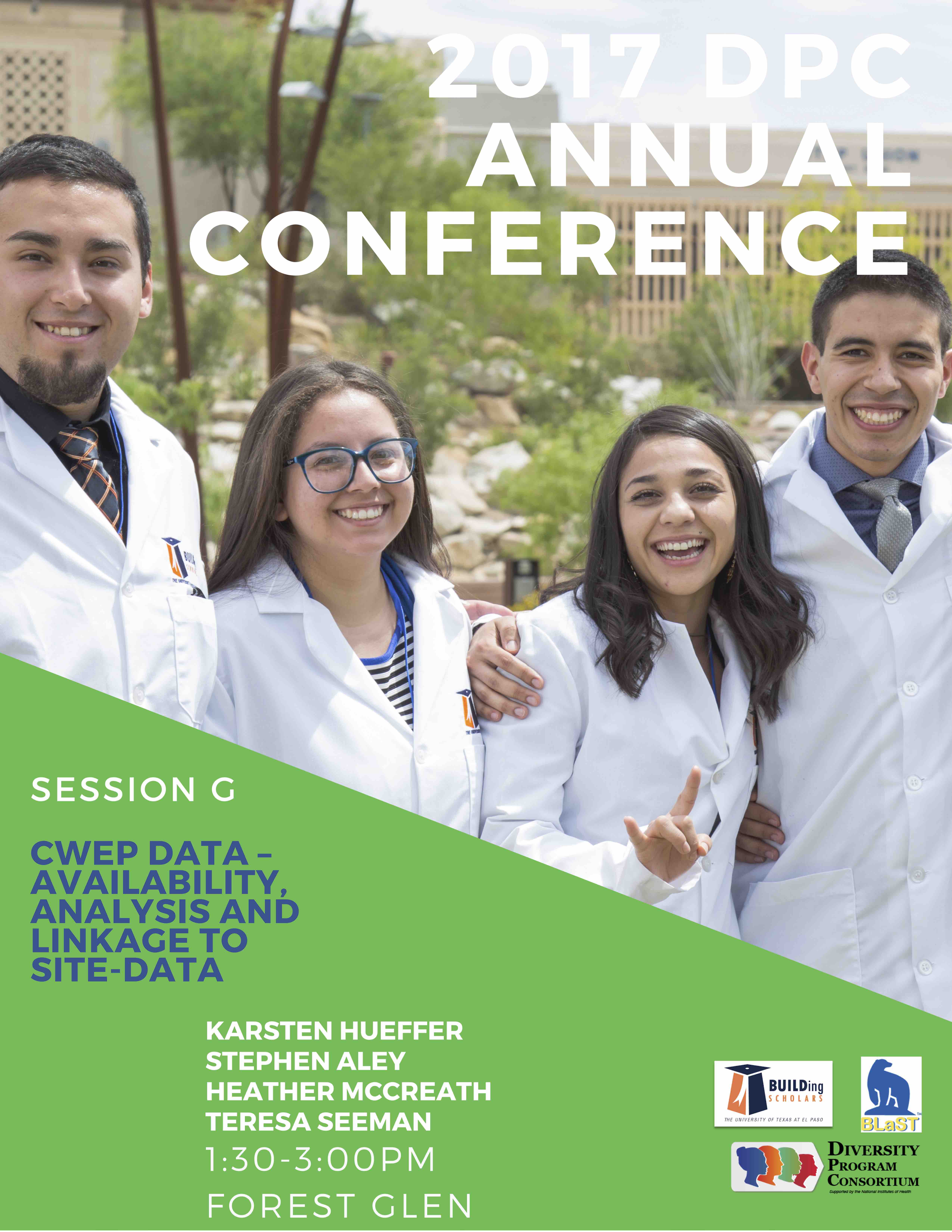
During the CWEP Data Session, we focused the CWEP data (available data, survey content, and examples of actual data analyses) and outlined methods for sites to consider when linking their site-specific data to the site’s CWEP data. Participants had the opportunity to develop ideas for possible analyses for CEC/UCLA to run a preliminary analysis.
For more information click here.
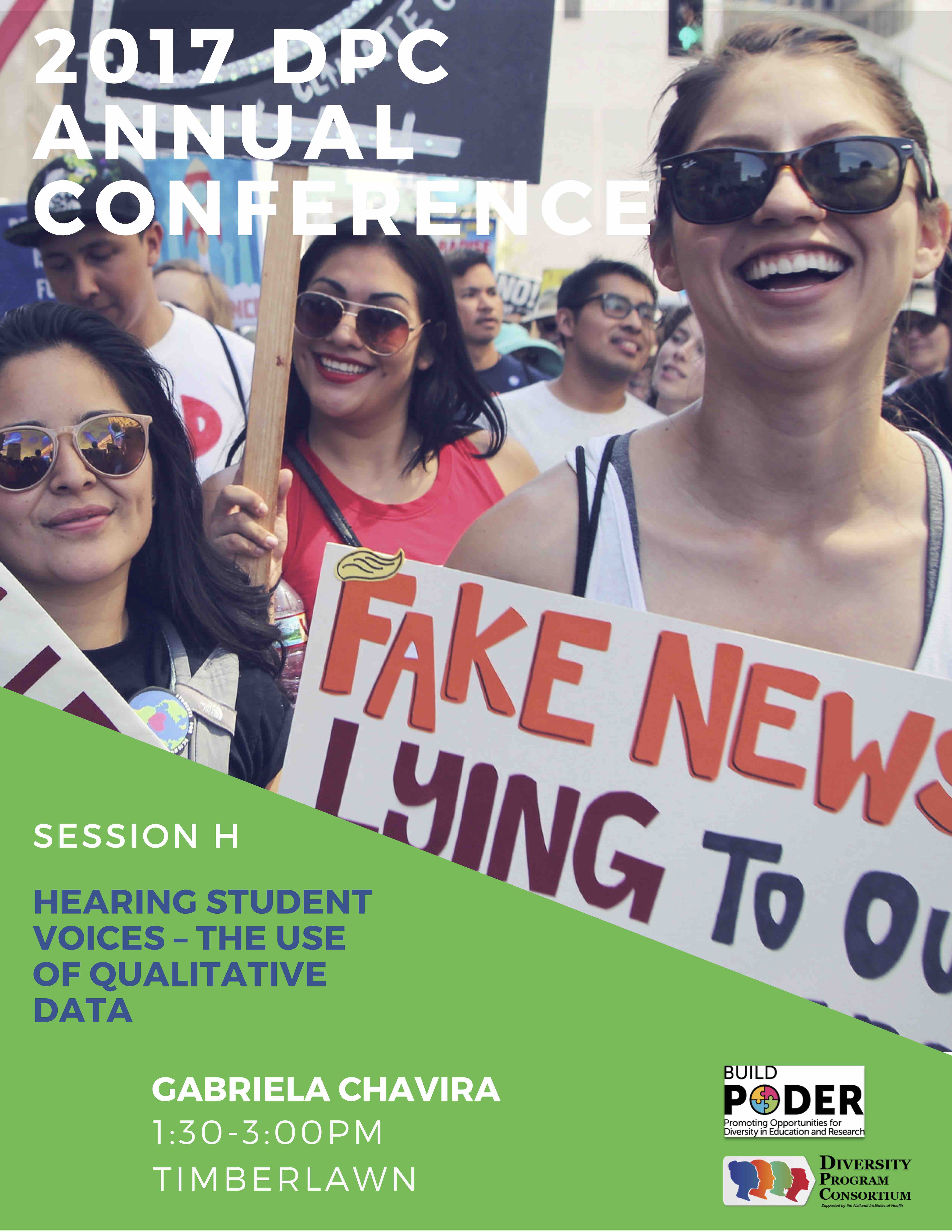
BUILD PODER at CSUN shared qualitative findings of student training data from Years 1 – 3 Summer JumpStart program that complimented and highlighted quantitative findings from the CARE evaluation team. In this session, participants learned how to create opportunities to collect rich qualitative findings from student trainees.
For more information click here.
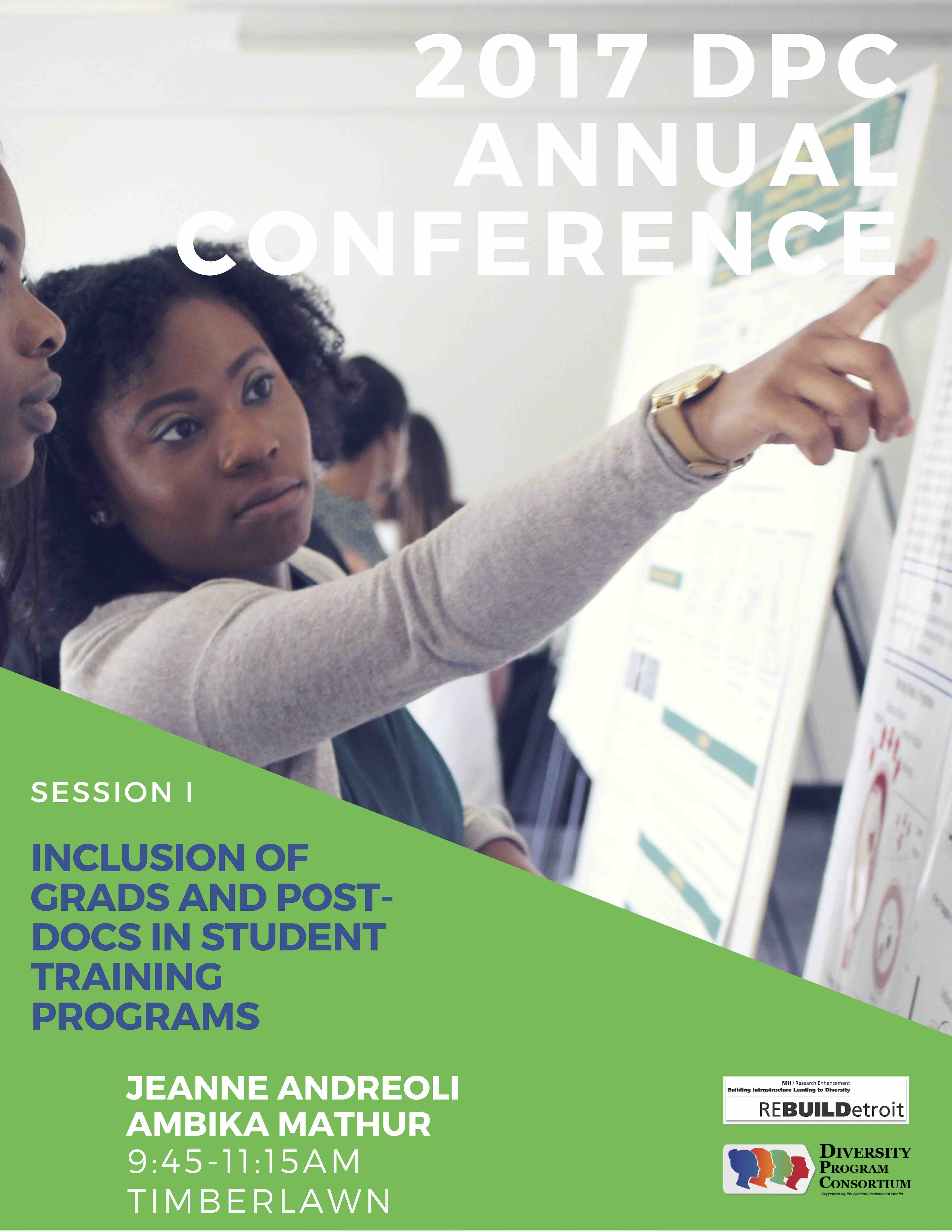
In this session participants shared strategies for the recruitment and placement of the GLCAs and PTFs across the consortium, as well as the preliminary evaluation instruments. Results were used for the GLCAs, PTFs, primary faculty and ReBUILD Scholars. They explored the feasibility of adapting the ReBUILDetroit training model to their own institution and brainstormed alternative strategies to include graduate students and post-docs in their training programs.
For more information click here.
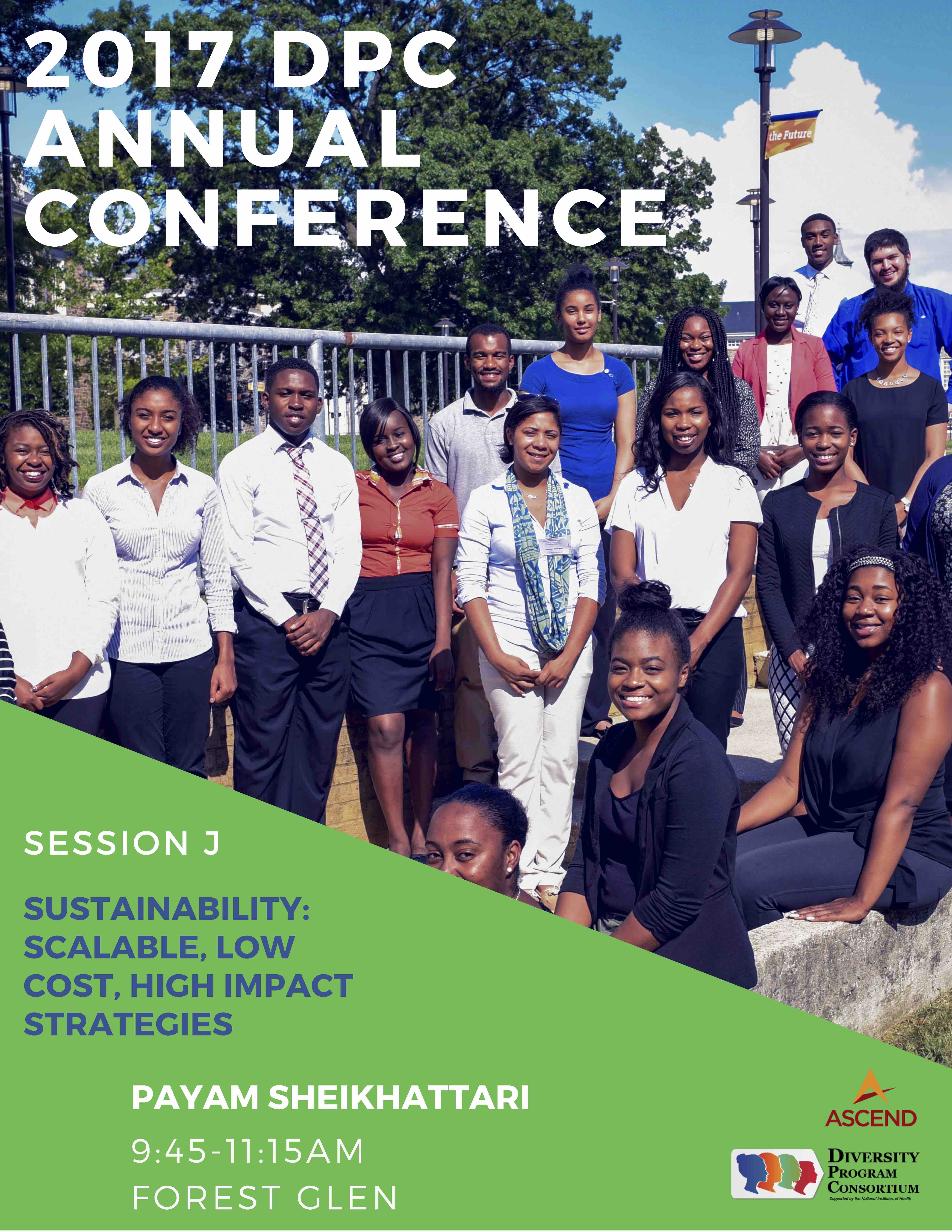
Sustainability is a major area of consideration for the next phase/s of the BUILD and other DPC initiatives. In the first round, each BUILD site proposed novel approaches with promising sustainable components. This session provided an opportunity for sharing what we have learned in the past three years and identifying effective low-cost interventions that could be replicated and sustained. The session was highly interactive with three brainstorming questions guiding the discussion. 1) What are some initiatives and/or interventions from your site that you have found to be effective, low-cost, scalable and sustainable? 2) How do you measure sustainability and scalability? 3) What are the strategies through which BUILD sites can collaborate to scale up promising interventions?
For more information click here.
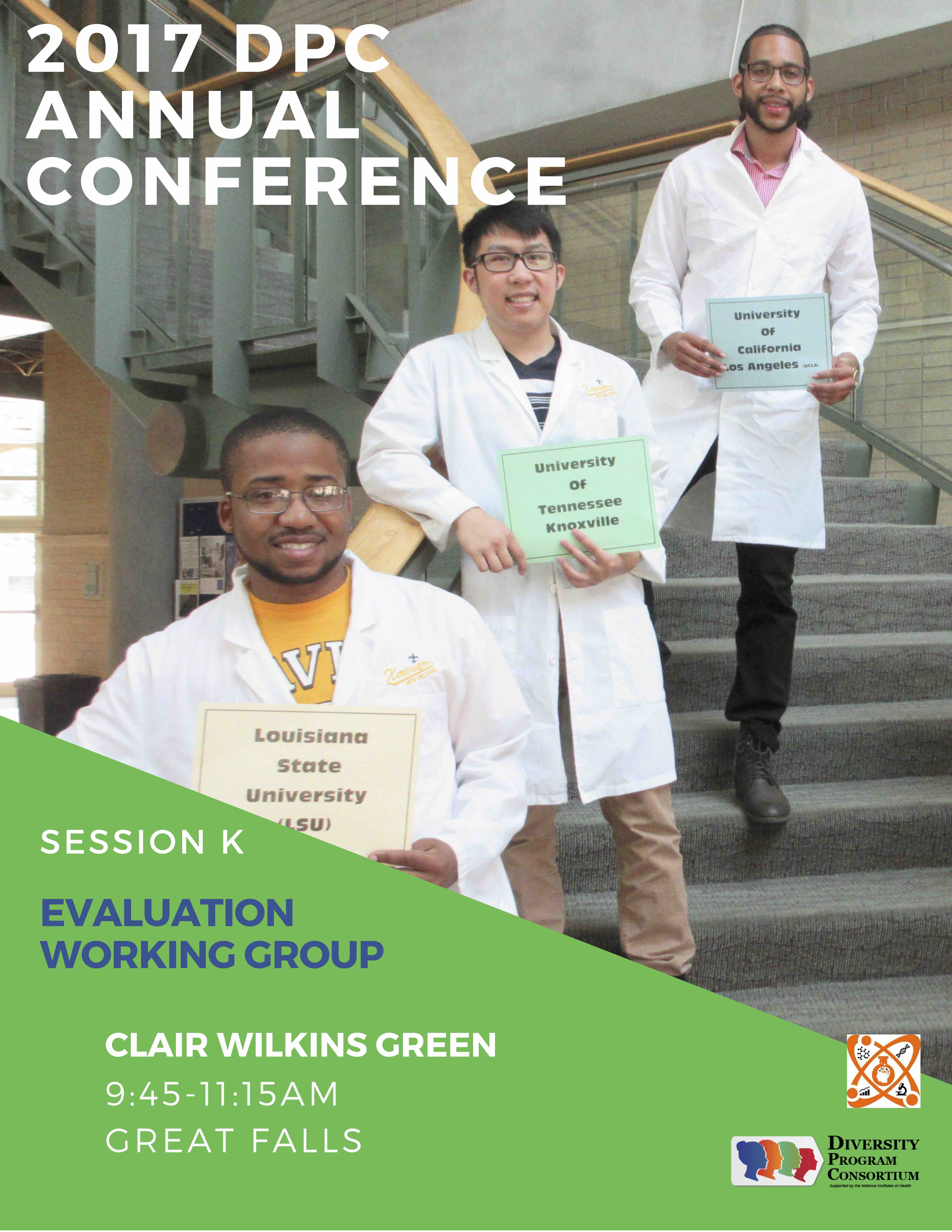
This session was devoted to discussing issues facing DPC representatives involved in site-level and consortium-wide evaluation activities.
For more information click here.
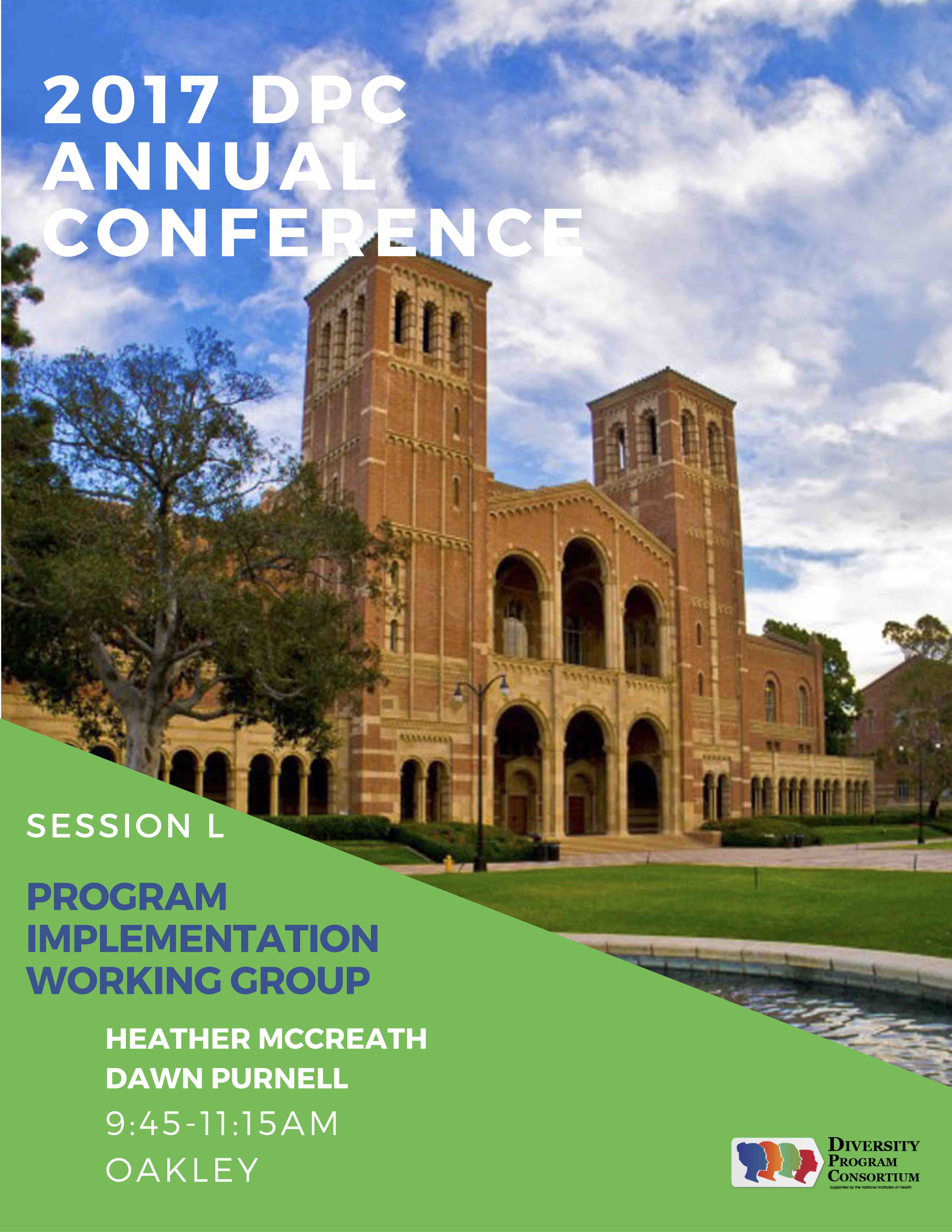
This in-person Program Implementation Working Group provided an opportunity for those involved in program management (through BUILD cores or NRMN programs) to talk together about strategies for administering the wide-ranging activities that comprise DPC programs. The session was focused on general management within the student training core. We discussed opportunities to strengthen consortium connects and clever ways to keep graduate students who were in BUILD to continue their connection with the Diversity Program Consortium.
For more information click here.
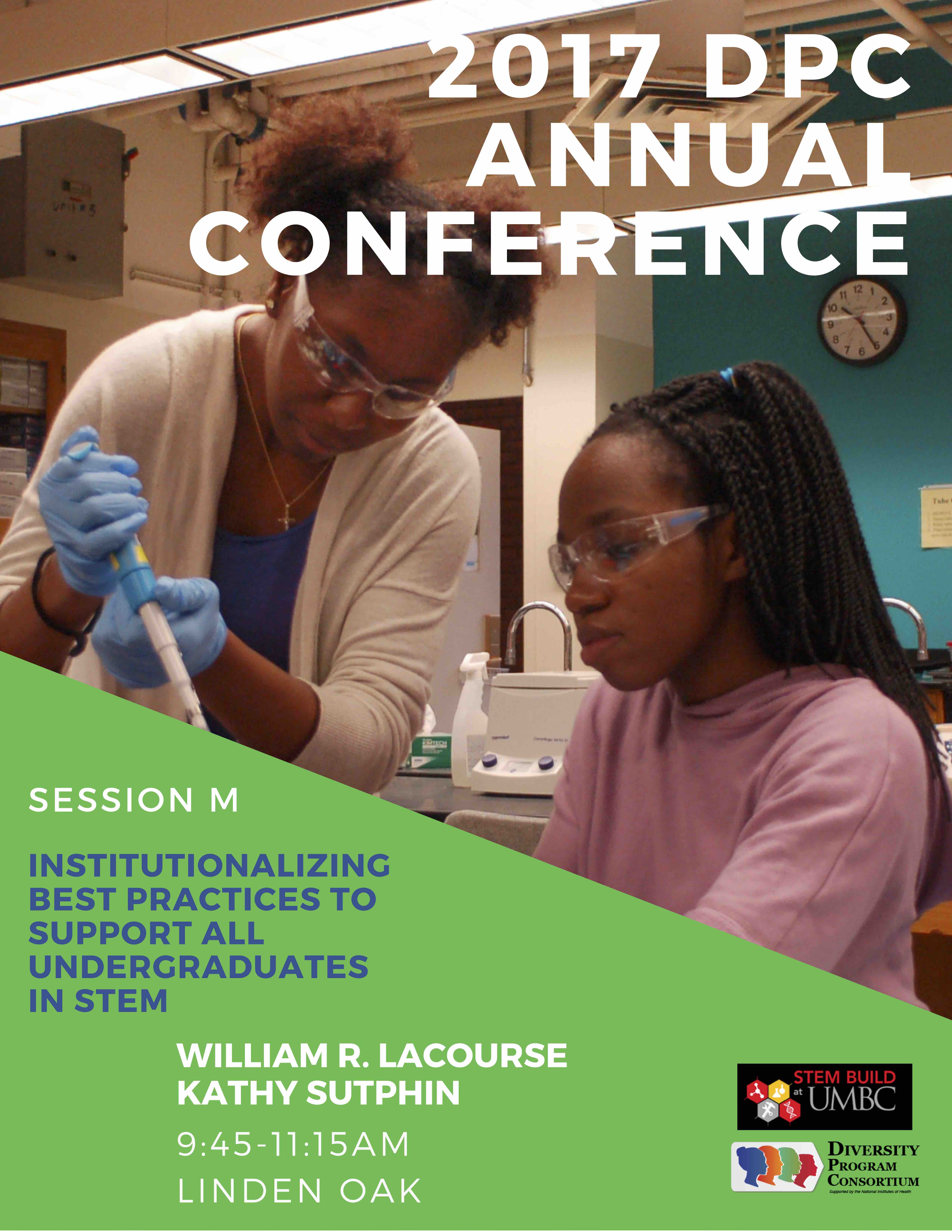
This session began with an overview of STEM BUILD at UMBC with an emphasis on how RCT methodology and other feedback has been used to guide and adjust program activities to address challenges and infuse best practices to benefit all STEM undergraduates at our university.
For more information click here.
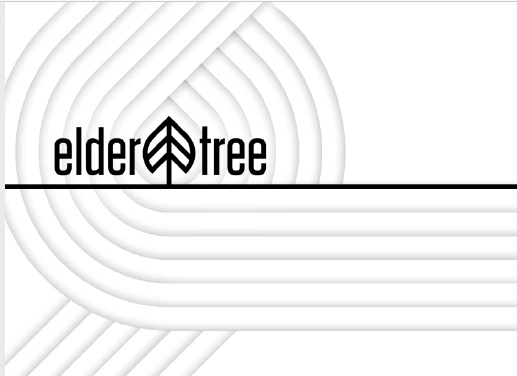
By all accounts, October’s DPC Annual Conference in Bethesda, MD was a resounding success, attended by dozens of BUILD, NRMN, and CEC participants. With the theme being “Partnering for Success: Moving Forward Through Collaborations”, the perfect setting to introduce to the crowd, Elder Tree, the group who will be providing consulting services to the DPC around digital media and marketing strategies.
For more information click here.
|
Event Date: Fri, Mar 02, 2018 to Sun, Mar 04, 2018 |
The NIH Diversity Program Consortium (DPC) Newsletter provides updates on activities at DPC sites, shares progress on collaborative efforts within the consortium, and highlights news and recent publications related to diversity and mentoring in the biomedical sciences.
|

